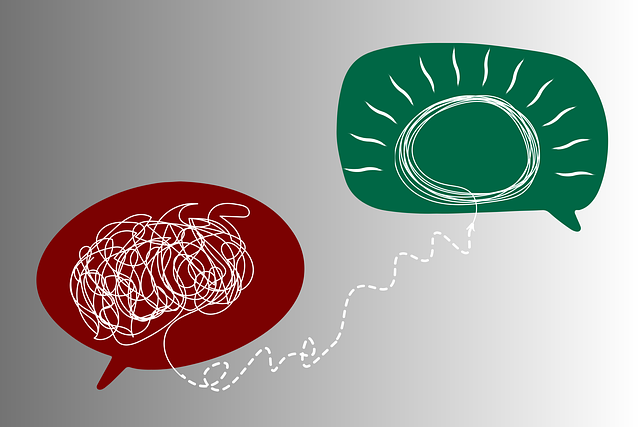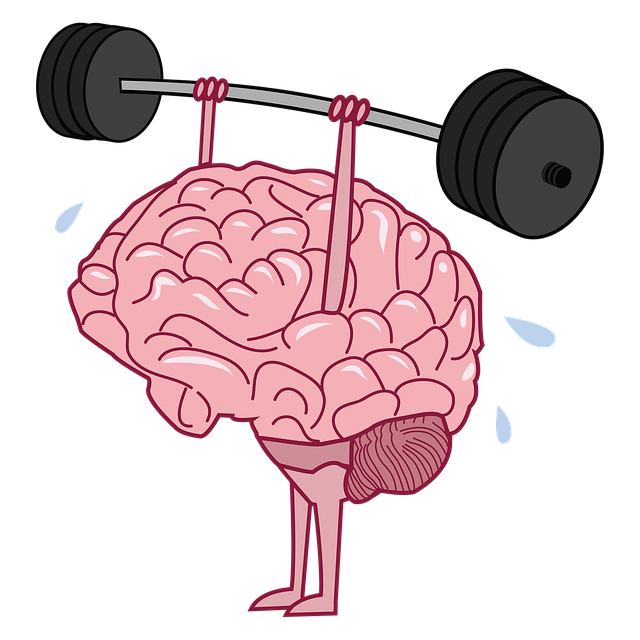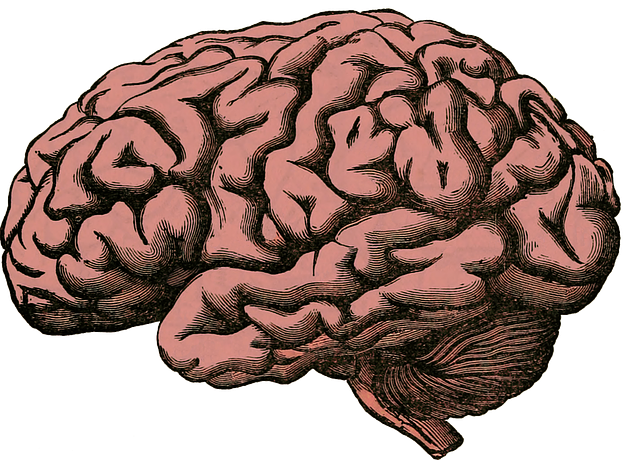Adolescent teens with learning disabilities face heightened risks of substance abuse due to anxiety and mood disorders. Cognitive-behavioral therapy (CBT) is an effective tailored therapy, empowering them to manage stress and emotions without relying on substances. Community-based assessments and interventions, including family support, peer groups, and specialized education, play a vital role in preventing or reducing substance misuse among this demographic. Holistic approaches focusing on social connection, mental health, and coping skills development are key to long-term recovery and improved well-being for these teens.
Substance abuse among adolescent teens with learning disabilities is a growing concern, necessitating tailored risk reduction strategies. This article explores three key areas to foster resilience and promote long-term recovery: understanding specific risks these teens face, implementing therapeutic approaches designed for their needs, and leveraging supportive community strategies. By combining expert interventions with inclusive practices, we can empower at-risk youth to make healthier choices and thrive.
Keywords: Therapy for Adolescent Teens Learning Disability, substance abuse prevention.
- Understanding Substance Abuse Risks for Adolescent Teens with Learning Disabilities
- Therapeutic Approaches to Reduce Substance Abuse Vulnerability
- Supportive Strategies and Community Involvement for Long-term Recovery
Understanding Substance Abuse Risks for Adolescent Teens with Learning Disabilities

Adolescent teens with learning disabilities face unique challenges when it comes to substance abuse risks. Understanding their specific needs is crucial for effective risk reduction strategies. These individuals often struggle with anxiety, which can be both a symptom and a contributing factor to substance misuse. Therapy tailored to address anxiety relief and mood management is essential; techniques such as cognitive-behavioral therapy (CBT) have proven beneficial in teaching teens coping mechanisms and improving their ability to regulate emotions.
Moreover, building resilience is vital to prevent substance abuse among this demographic. Support systems, including family, peers, and specialized educators, play a significant role in fostering a positive environment. By implementing strategies that enhance problem-solving skills and encourage healthy decision-making, teens with learning disabilities can develop resilience, reducing the likelihood of turning to substances as a coping mechanism for stress or emotional challenges.
Therapeutic Approaches to Reduce Substance Abuse Vulnerability

Therapeutic approaches play a pivotal role in mitigating substance abuse vulnerability among adolescent teens, especially those with learning disabilities. Targeted interventions can significantly reduce risk factors associated with mental health issues and substance misuse. Therapy tailored for this demographic often involves cognitive-behavioral therapy (CBT), which equips teens with essential coping mechanisms to manage stress, regulate emotions, and resist peer pressure. By addressing underlying psychological vulnerabilities and fostering healthier decision-making skills, CBT empowers adolescents to navigate challenging situations without resorting to substance abuse as a coping mechanism.
For mental health professionals, integrating evidence-based practices into risk management planning is crucial. This includes conducting comprehensive risk assessments not only for individual patients but also within the context of their communities. The Risk Assessment for Mental Health Professionals and Mental Health Policy Analysis and Advocacy guide practitioners in identifying environmental factors contributing to substance abuse vulnerability. Through these approaches, professionals can develop tailored interventions that prevent or mitigate substance misuse, ensuring a holistic support system for vulnerable teens.
Supportive Strategies and Community Involvement for Long-term Recovery

Supportive strategies play a pivotal role in fostering long-term recovery from substance abuse, especially for vulnerable populations such as adolescent teens with learning disabilities. Beyond traditional therapy, community involvement is essential to creating an environment that encourages and facilitates healing. Peer support groups, for instance, can provide a safe space where individuals share their experiences and offer encouragement, reducing feelings of isolation often associated with addiction. These groups promote social connection, a key aspect of mental health, which is particularly important for teens with learning disabilities who may struggle with social integration.
Community-based initiatives like educational workshops on depression prevention, social skills training, and coping skills development further reinforce recovery efforts. Such programs equip individuals with the tools to manage stress, regulate emotions, and build resilience against relapse. By intertwining therapeutic interventions with community engagement, adolescents with learning disabilities can access comprehensive support systems that cater to their unique needs, fostering sustainable recovery and enhancing their overall well-being.
In addressing substance abuse among adolescent teens with learning disabilities, a multi-faceted approach combining understanding, therapy, and supportive community strategies is key. By implementing evidence-based therapeutic approaches tailored to this vulnerable population, along with fostering community involvement, we can significantly reduce risks and enable long-term recovery. This holistic strategy ensures that adolescent teens with learning disabilities receive the necessary support to lead healthy, productive lives free from substance abuse.














